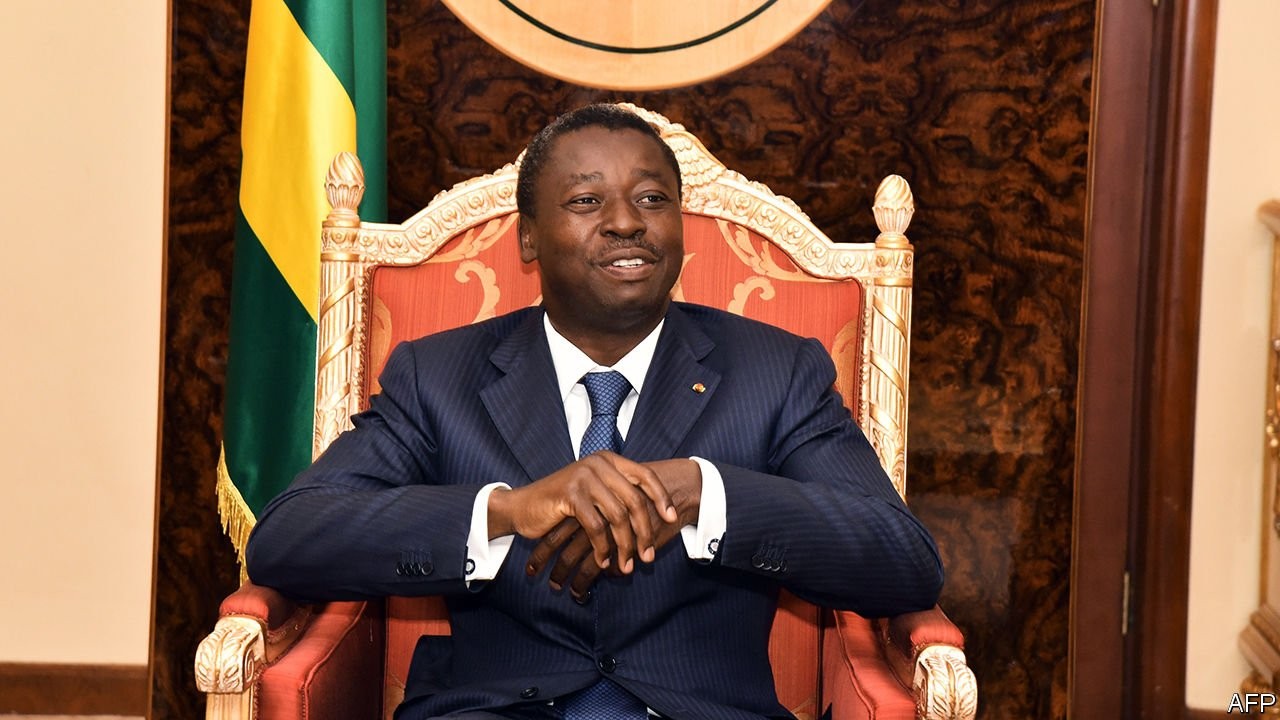Togo’s ruling Union for the Republic party (UNIR) won a sweeping majority of 108 out of the 113 seats in the country’s legislative elections held on the 29th of April, 2024. The win effectively paves the way for President Faure Gnassingbé to extend his 19-year rule.
Fifty-seven-year-old Gnassingbe has been in power since the 2005 death of his father, President Etienne Gnassingbe Eyadema, who led Togo for nearly 38 years. Gnassingbe was initially interim president before being elected in landslides to the presidency later the same year (2005), then re-elected in 2010 and 2015 and 2020. Together, the family’s “dynastic democracy” has held power for a combined 57 years – making it the longest-ruling dynasty government in Africa.
It is quite plausible that with the new constitutional changes, President Gnassingbe will remain in power indefinitely as either ceremonial president or president of the council of ministers which retains virtually all the powers previously held by the president.
Under the previous constitution, Gnassingbé would have been able to run for president just one more time, which would have potentially allowed him to stay on as head of state, for a five-year term, starting in 2025.
But the April 29 election took place under the new extensive and radically amended constitution adopted on March 25, 2024, which shifts the country from presidential to parliamentary democracy. The president now becomes a mostly ceremonial role elected by parliament and not the people, for a four-year term. Power now resides with the new ‘president of the council of ministers’ who will be the leader of the majority party in the new assembly.
The election took place amid heightened tension, following the controversial approval of the new constitution and a series of crackdowns on opposition parties and protesters who tagged it a “constitutional coup,” which allowed Gnassingbe to avoid term limits and extend his family’s decades-long grip on power.
The voting, which took place at around 14,200 polling stations for about 4.2 million Togolese voters, was held with some complaining that the process was disorganised while others were unable to find their names on the register.
But the Head of the Economic Community of West African States (ECOWAS) Election Observation Mission for the parliamentary and regional elections in Togo, former Gambian Vice-President, Mrs Fatoumata Jallow-Tambajang, said the election process was smooth, adding that on the whole, they were satisfied with how the election was conducted.
We, at Daily Trust, are worried that the pre-election constitutional changes fell short of the democracy required for Togo, as it seems to be an institutionalisation of self-succession and tenure extension. In the end, with a pliant parliament, it means that Gnassingbe could remain in power for life as president of the council as long as his party remained in the majority.
Indeed, what we just witnessed in Togo is what can be referred to as democratic backslide, not advancement as it is not a model for deepening democratic values that Africa requires for progress. Elections should expand rights and freedoms and strengthen the rule of law, not put it on hold for the benefit of an individual or family. Nothing should be done to stifle democracy and its ideals in Togo.
In the end, the election seemed programmed for a particular outcome. It was initially to be held on 13 April 2024, but was postponed by Gnassingbé to the 20th of April, with campaigns to run from the 4 to 18 of April. On April 3, he again ordered the indefinite postponement of the election to allow “consultations” over controversial constitutional reform that replaced the presidential system with a parliamentary one, placing executive powers in the office of the prime minister and replacing direct election of the presidency with a vote by parliament.
In response, four opposition parties and a civil society group called for protests to be held from the 11th to 13th of April and described the postponement as a maneuver by the regime to “endorse its own constitutional coup.” On 9th of April, the government announced that the election would be held on 29 April. It also banned a planned protest by opposition groups against the postponement and the constitutional amendments.
We call on ECOWAS to intervene and ensure the establishment of enduring democratic ideals in Togo. The regional group should forestall any move to stifle opposition voices, as it has experienced enough crises in recent months: from the headaches arising from the July 26 military coup in Niger Republic and the now-averted electoral stalemate in Senegal.
Caution must be applied by all political stakeholders in Togo. The country should not be allowed to test the bloc’s cohesiveness but should be a showcase of where democratic processes are respected and celebrated.




